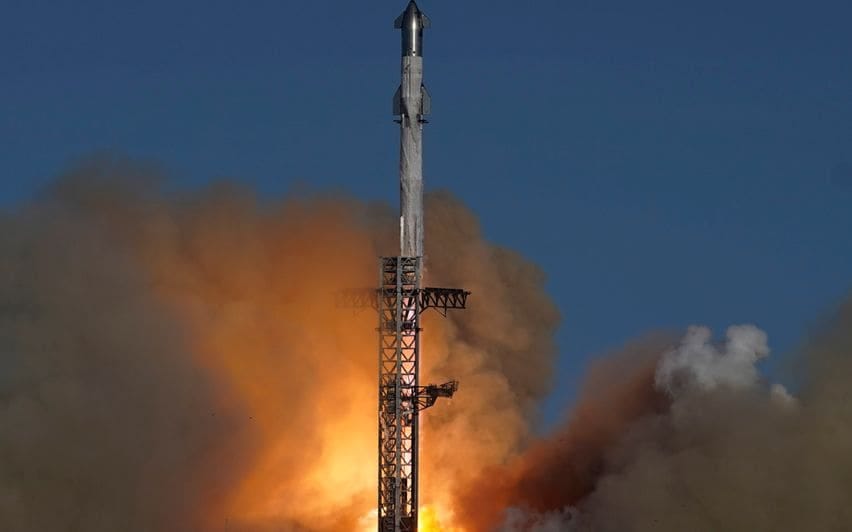As the preacher tells us in Ecclesiastes 1:9: "What has been is what will be, and what has been done is what will be done, and there is nothing new under the sun." Imagine a world filled with people, daring and brash, piling brick upon brick, mortar upon mortar, determined to scrape the very heavens with their ambition. They’re not building for shelter or necessity, but for self-exaltation—a declaration of independence from the God who made them.
Humanity has always been enamored with its ability to stretch beyond what God has decreed. From the Tower of Babel to the modern skyscraper, and now, to the red sands of Mars, the story is always the same. The names change. The tools evolve. But the lust for dominion over that which God has not given dominion never seems to die.
And now, Elon Musk and his vaunted SpaceX are the latest actors in this ancient drama.
Don’t get me wrong, I like Elon Musk. I think he’s entertaining, ambitious, and intelligent. So I don’t want to sound like I’m knocking him—but I do want to reel his dreams back down to reality, to Earth, just a bit. At least from a biblical perspective.
SpaceX, Musk’s brainchild, is the crown jewel of modern space exploration. This private aerospace company has stunned the world with its reusable rockets, its ambitious missions, and its visionary rhetoric. To hear Musk tell it, humanity’s destiny lies among the stars. His ultimate goal? To make humanity a "multiplanetary species," with Mars as the first stop on this grand, interstellar journey.
Colonies on the red planet, complete with sustainable oxygen supplies, food systems, and even terraforming schemes, are all part of his fever dream. Musk envisions bustling Martian cities filled with pioneers who will lay the groundwork for what he calls the preservation of human consciousness.
It’s heady stuff—seductive even. Just this week, Musk completed the sixth successful test launch of Starship. Who wouldn’t want to be part of such a monumental project, one that promises to immortalize the human race and safeguard it from the perils of Earth?
But beneath the sleek presentations and lofty goals lies a more profound question. Is this even remotely in line with God’s design? Musk speaks as though humanity is a species adrift, clinging to a fragile home world doomed to fail unless we abandon it for another.
This worldview reeks of despair—a hopeless, secular vision that sees humanity’s survival as something it must secure for itself, apart from any trust in the Creator. In truth, this is not pioneering, it is panic dressed as progress.
Exploring God’s creation is one thing. Study the stars, map the planets, and marvel at their Maker’s glory. And to be clear, I have no problem with physically sending humans to carry out such exploration. But to presume humanity can pack up and permanently inhabit another world—a world clearly not designed for us—is to reject God’s explicit design and purpose for mankind.
In Genesis 1:28, God commands His creation to "be fruitful and multiply and fill the earth and subdue it," not to abandon it for Mars. Earth is uniquely suited for human life, crafted by God with precision and purpose. Mars, with its toxic soil, lack of breathable air, and an atmosphere so thin it barely clings to the surface, is a testament to what life is like apart from God's provision. What arrogance, then, to think we can bend it to our will and call it home.
Of course, one might argue, isn’t this just an extension of human ingenuity? Isn’t it good to push boundaries and dream big? Certainly, exploration and discovery are noble pursuits, but ambition without submission is folly. Musk’s vision for Mars is not a humble quest to glorify God—it is a subtle and seductive attempt to dethrone Him, even if unintentionally.





